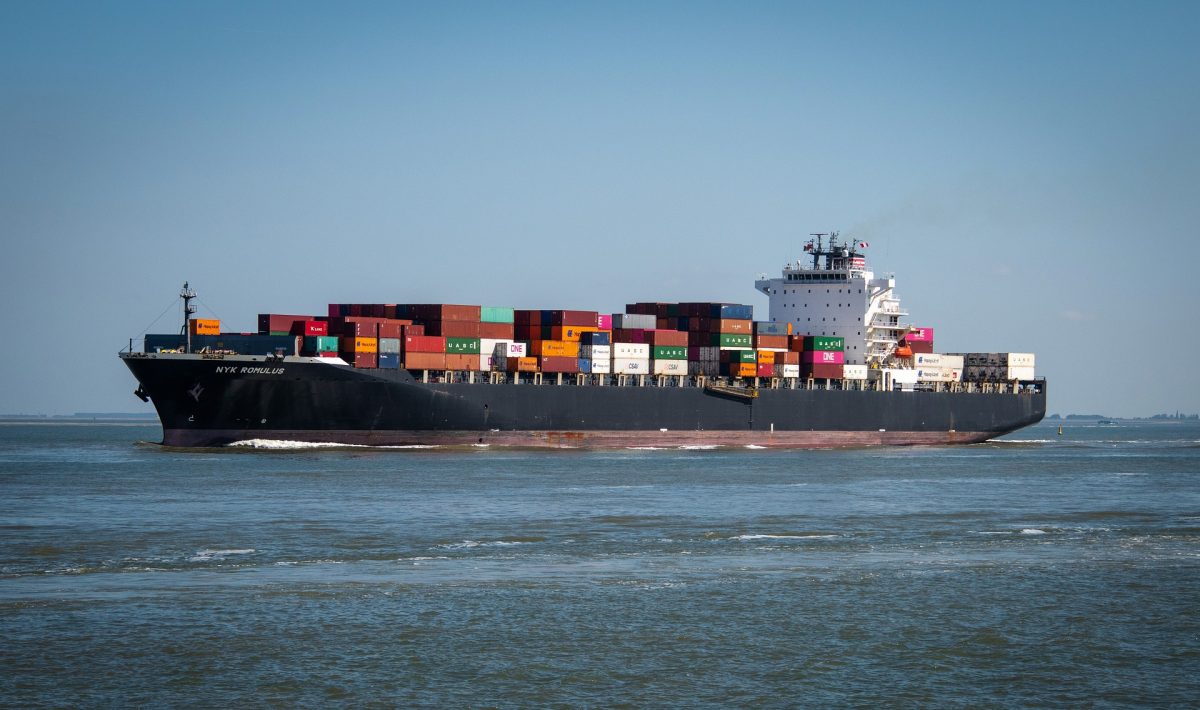Container loss – an environmental and reputational problem which needs urgent action
09/11/2021Container loss is on the increase. This has important impacts on operators and on the environment. We’re thinking about how technology could be part of the solution.
The container shipping industry has been enjoying the most profitable period in history as the world begins to recover from the pandemic and consumption in the west switches from services to goods. Streamlined liner services have been operating at full capacity, enjoying strong freight and charter rates that are predicted to continue.
At the same time, losses of boxes overboard have become an increasing problem of late. The World Shipping Council estimates that on average a total of 1,382 containers were lost over the years 2008-2019, while nearly double that number, 2,675, were lost in just the two-month period from November 30, 2020 to January 31, 2021 – corresponding to mid-winter in the northern hemisphere, home to most of the world’s main liner trade routes.
Notably, the ONE Apus lost approximately 1,800 containers in rough weather in early December 2020 while sailing from Yantian, China to Long Beach, USA, while the Maersk Essen lost around 750 containers in January 2021 while en route from Xiamen, China to Los Angeles, USA.
“Even one container lost is a problem,” says Nick Gross, LR’s Global Container Ships Segment Manager, “even if the vast majority of approximately 225 million containers carried annually at sea arrive safely. From a operational perspective, container loss has always been a headache, but enhanced eco-awareness and regulation will create a commercial sting that will impact more than just the schedule and insurance premium. The industry should be working towards zero losses.”
Containers lost overboard can pose serious safety and environmental risks, especially if they are carrying toxic or hazardous materials. Even seemingly harmless items – like small children’s toy building bricks or the minute plastic/polystyrene nurdles used as a filler in the packaging of items – can cause untold damage when ingested by fish and other sea creatures or washed up in their millions on beaches, he points out.
Environmental and reputational impacts
Then there are the dangers of improperly secured or packed containers spilling their contents on board as a result of stacks swaying excessively or colliding into each other, as may have happened in the recent X-Press Pearl accident in late May where spilled nitric acid was reported onboard before a subsequent explosion and fire sank the vessel off Sri Lanka, resulting in widespread pollution.
Container incidents leading to high-profile environmental damage or major disruption of supply chains can lead to serious reputational damage for the shipowners involved and potentially affecting decisions by investors and finance institutions looking for strong ESG (Environmental, Social and Governance) policies. They also impact P&I Clubs and the insurance premiums that they charge shipowners, stowage collapses having been involved in more than half (by value) of all container-related claims by during 2018 and 2019 (source freightwaves.com).
So, what is to be done to prevent these container accidents and losses, while at the same time continuing to allow containerships to ply their vital trade delivering the world’s goods safely and benefiting from current strong markets?
Being part of the solution
We’d like to work towards eliminating container contamination of the ocean by preventing container loss and damage at sea, thus enabling container shipping to be a more efficient and green link in the global supply chain.
We’re interested in being part of the solution, and are working to:
- Define the ESG, regulatory and commercial landscape surrounding container loss and damage at sea.
- Understand the current digital and technological tools available to support planning, cargo operations, securing, routing, live-monitoring and incident management. Identify and prioritise the gaps through a technology roadmap.
- Source, engage, showcase and obtain pilot proof points for technology solutions from adjacent industries that solve our priority problem areas.
- Facilitate a collaborative approach between key stakeholders to deliver a holistic solution.
If you are interested in finding out more or joining us, please let us know by using the form below. Otherwise please watch this space for updates.

